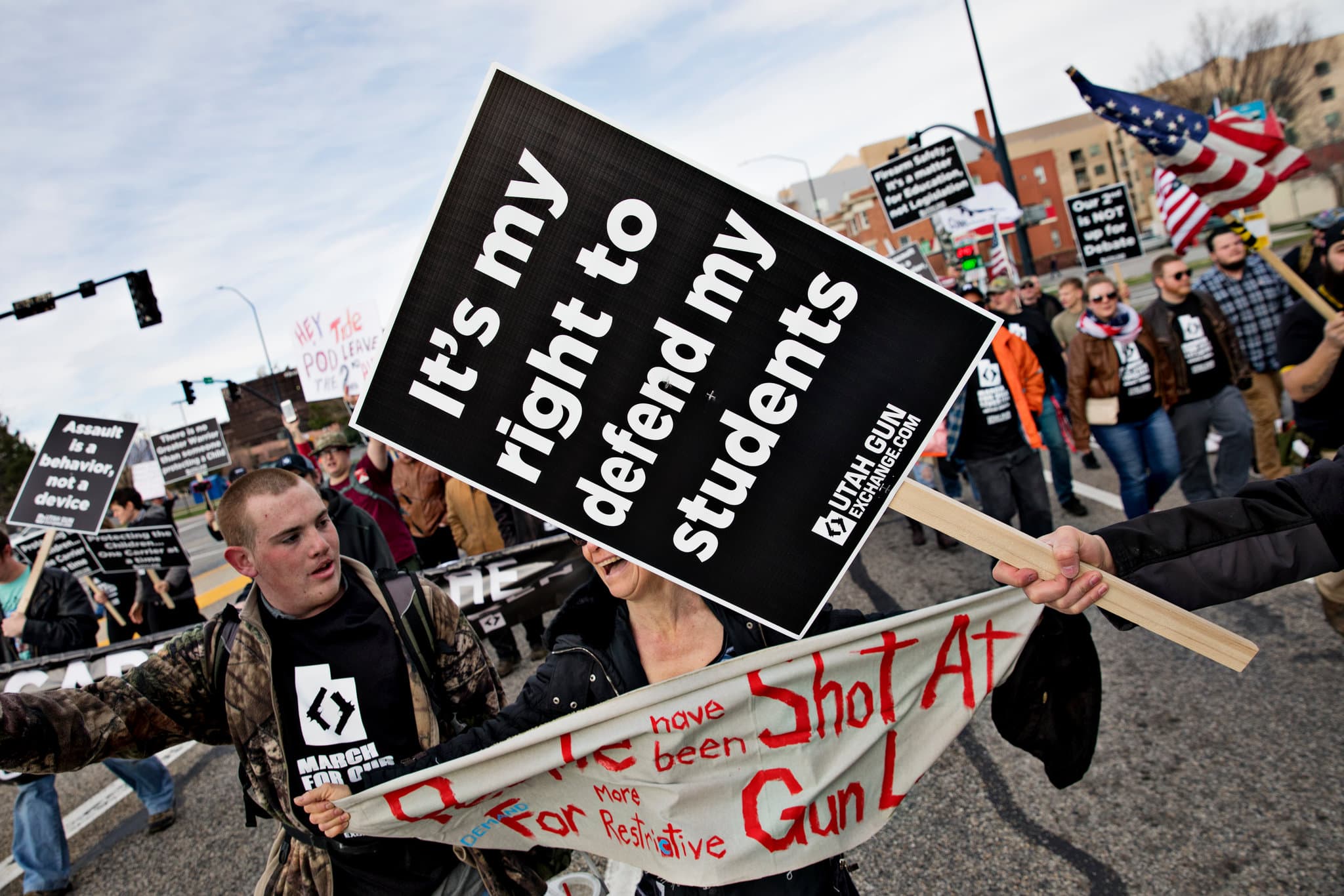Free Talk Live Advocates Armed Citizenry as Bulwark Against Government Overreach

A recent social media post from the nationally syndicated libertarian talk radio program "Free Talk Live" has ignited discussion by asserting that an armed populace is essential to prevent government tyranny. The tweet, published by @FreeTalkLive, stated, "The bloodiest chapters start after rulers disarm the ruled. A free people keep the tools of self-defense because power remembers how easy unarmed subjects are to manage." This message underscores a core tenet of libertarian philosophy regarding individual liberty and the Second Amendment.
"Free Talk Live" positions itself as a voice for "Liberty with a capital L," offering a "pro-liberty viewpoint" that often challenges conventional governance and avoids traditional political classifications. The program, known for its open-phone panel discussions and diverse hosts, aims to educate listeners on principles of peace, liberty, and rationality, as outlined on its blog. This stance aligns with historical arguments that view an armed citizenry as a crucial check on potential governmental abuses.
The debate surrounding the right to bear arms as a safeguard against government power has deep roots in American history and political thought. Proponents of this view often cite the Second Amendment as guaranteeing an individual's right to own firearms for self-defense, not only against criminals but also as a final deterrent against an oppressive state. This perspective gained significant legal traction with the Supreme Court's 2008 District of Columbia v. Heller decision, which affirmed an individual's right to possess firearms for traditionally lawful purposes, such as self-defense in the home.
Critics, however, argue that modern interpretations of the Second Amendment, particularly those emphasizing individual rights over a "well-regulated militia," deviate from the original intent of the framers. Historically, gun ownership was often tied to civic obligations within a militia, with various regulations on who could carry arms and where. The evolution of this interpretation has been shaped by events such as the 1977 "Revolt at Cincinnati," where hardliners within the National Rifle Association (NRA) shifted the organization's focus towards an absolutist defense of gun rights.
The "Free Talk Live" tweet reflects a long-standing philosophical position that views the disarmament of citizens as a precursor to authoritarianism. This perspective continues to fuel contemporary discussions about gun control, the role of government, and the balance between collective security and individual freedoms.